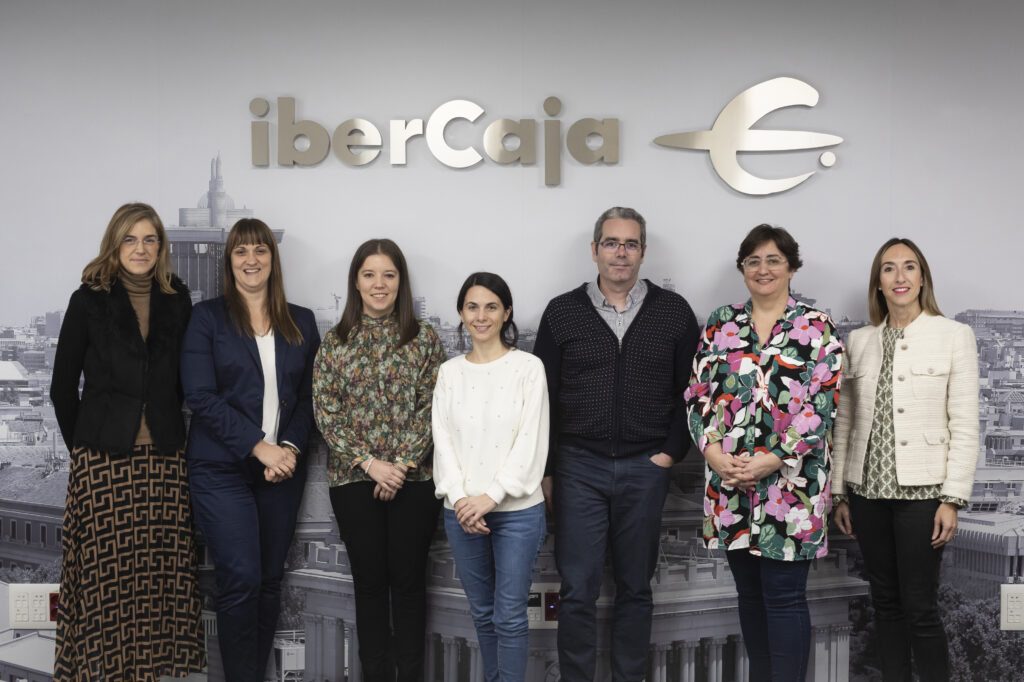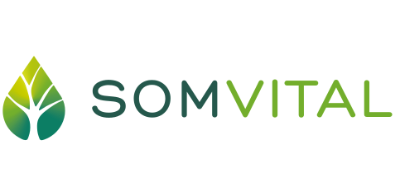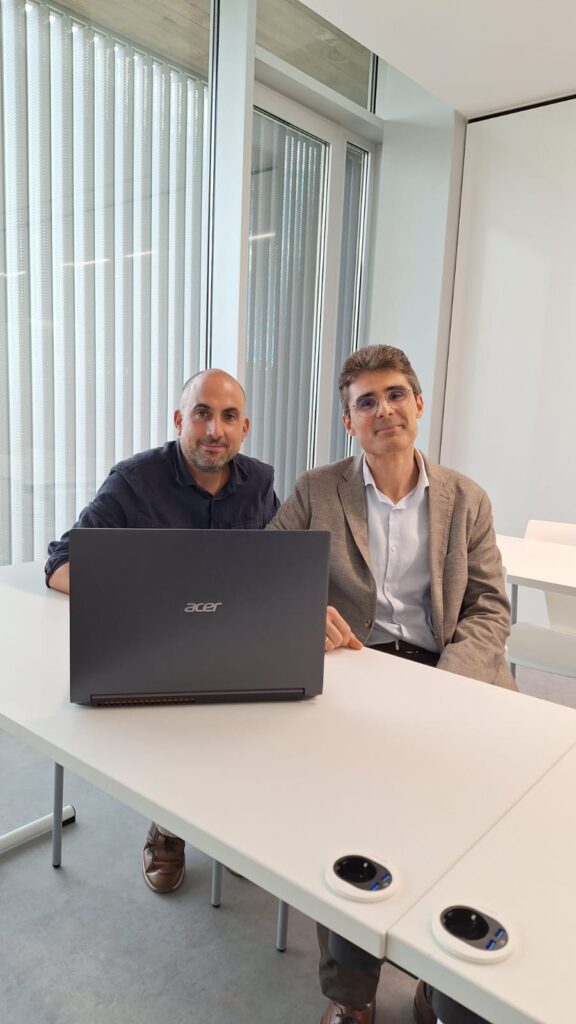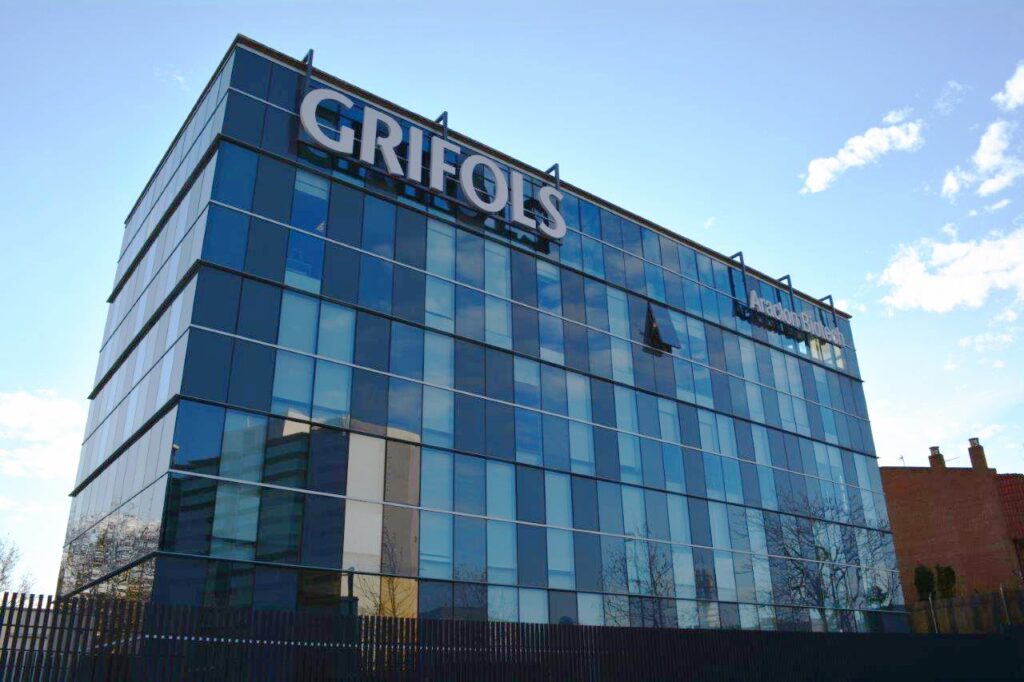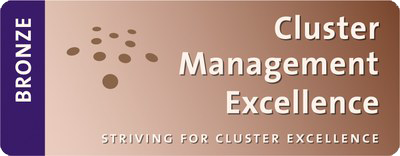Madrid, November 23, 2022.- The seven health clusters in Spain (#ClustersSaludEspaña) have reactivated their collaboration after the pandemic in an annual coordination meeting in which they have designed their strategy to promote the activity of companies in the sector.
The groups Arahealth (from Aragon), Basque Health Cluster (from the Basque Country), Bioga (from Galicia), Bioval (from the Valencian Community), CSG – Clúster Saúde de Galicia (from Galicia), CSM – Mental Health Cluster of Catalonia (from Catalonia) and the Cluster of Innovative Solutions for Independent Living (SIVI Cluster, from Castilla y León) have held their annual coordination meeting at the Ibercaja Business Center in Madrid.
The seven clusters add up to a total of 600 partners, whose companies add employment to 219,000 people and a turnover of 39,000 million euros.
The health crisis generated by the pandemic forced these clusters to reduce their face-to-face collaborative activity, although remote actions were maintained. Among the most outstanding services that these groups provide to their associated companies, the integral management of R+D+i aid stands out, both nationally and internationally, the management of “living labs”, the introduction of biotechnology in the production chain from other industrial sectors, the reconversion of employment to attract them to the sector, training in the regulatory framework, the relationship with entrepreneurship and the acceleration of new projects, as well as coordination with the public sector for the development of new initiatives.
The meeting has also served to address proposals to face the most relevant challenges faced by companies in the health sector, such as the aging of the population (especially in dispersed rural environments), identified as a vector of innovation for the creation of specific services “that make it possible to promote social innovation, long-term care and coping with unwanted loneliness with the support of technology that fosters both the promotion of autonomy and social inclusion”, as Montse comments. Fernández Chimente, manager of the SIVI Cluster.
Another important challenge involves the regulatory change that affects medical devices, MDV and IVD, in view of the implementation of quality systems, certifications and regulations that are required by the medicine and medical device agencies of the European Union. “To boost our health industry in the face of the challenge of complying with regulations, we need support structures for tests and certifications, as well as specialized quality and regulatory advice for both facilities and products,” said Idoia Muñoz, general director of the Basque Health Cluster.
The seven clusters, with the new inclusion of BioVal, have renewed their collaboration agreement in training actions that will allow any of the associated companies to participate in training activities organized by any of the seven clusters. Likewise, they have agreed to broaden the scope of their collaboration to value their relational capital and their role of representation. Some of the actions that they are going to implement are the preparation of a register of health technology companies willing to collaborate in international projects, exchange of information on business opportunities for the sector at a regional level and sharing of services and events of interest. for the industry.
According to Carlos Lapuerta, manager of the Aragon Health Cluster, “collaboration is the key to promoting innovation projects that improve the competitiveness of companies in the health sector.”
From BIOGA, good practices have been revealed to unite collaborations between clusters and regions in relation to the demand for talent towards the sector. Loli Pereiro, manager of BIOGA, states that “instruments such as Dual Vocational Training or the Biotalent platform, recently launched from the cluster, generate a greater connection between labor supply and demand, as well as the visibility of professional opportunities offered by the health and biotechnology to retain and attract talent to highly innovative sectors that provide solutions to the main health, social and environmental challenges”.
For her part, Gisela García-Álvarez, manager of CSG – Clúster Saúde de Galicia, has insisted on the relevance of this type of inter-cluster initiatives that “help address common challenges more effectively and enhance the capacities of this type of sectoral entities.”
#ClustersSaludEspaña reaffirms itself as a strategic alliance for the associationism of the industrial health sector and faces a 2023 led by the European Nextgen funds and the need to establish innovative ecosystems that nurture the industry and attract talent from the new profiles in demand.
